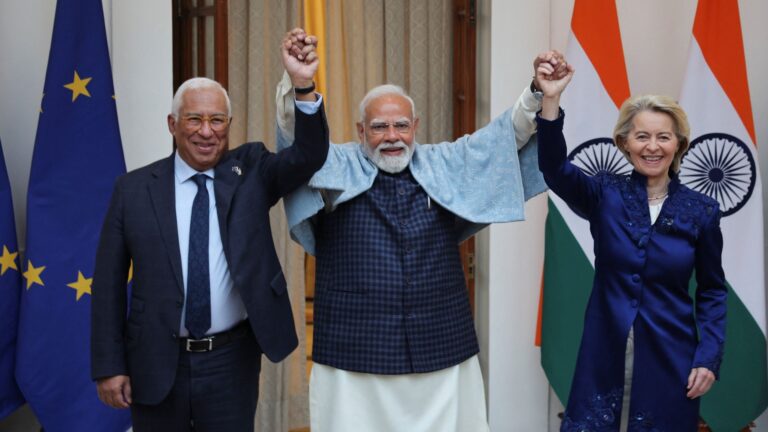

Water is no longer just a life-sustaining resource, it is fast becoming a strategic asset and a cause for conflict. As climate change intensifies and populations grow, the world is witnessing mounting tensions over transboundary rivers and shared aquifers. From the Nile Basin to the Indus Valley, disputes over access, control, and allocation of water are triggering diplomatic standoffs and threatening regional stability. Once regarded as speculative, the idea of “water wars” is today an emerging reality in many parts of the globe.
Major Flashpoints in Global Water Conflicts
India and Pakistan – Indus Water in Turbulence
The Indus Waters Treaty of 1960, brokered by the World Bank, is often cited as a rare success in water diplomacy. It divided the river system into eastern rivers for India and western rivers for Pakistan. However, tensions persist as India develops hydropower projects such as Kishanganga and Ratle on the western rivers. Pakistan claims these violate the treaty, while India asserts its rights under non-consumptive usage. Climate variability, political mistrust, and increasing water scarcity are adding new stress to an already fragile agreement. India’s response amid Pahalgam terror attack, further deteriorated the relations.

Ethiopia, Egypt and Sudan – Nile Under Pressure
The Grand Ethiopian Renaissance Dam, built on the Blue Nile, is a point of intense disagreement. Ethiopia views the dam as essential for development and energy security, while Egypt fears it will reduce water flow downstream and affect agriculture and livelihoods. Sudan remains caught in the middle. Although African Union-mediated talks have made some progress, Ethiopia’s unilateral filling of the dam has strained relations and exposed the absence of binding mechanisms for water sharing.
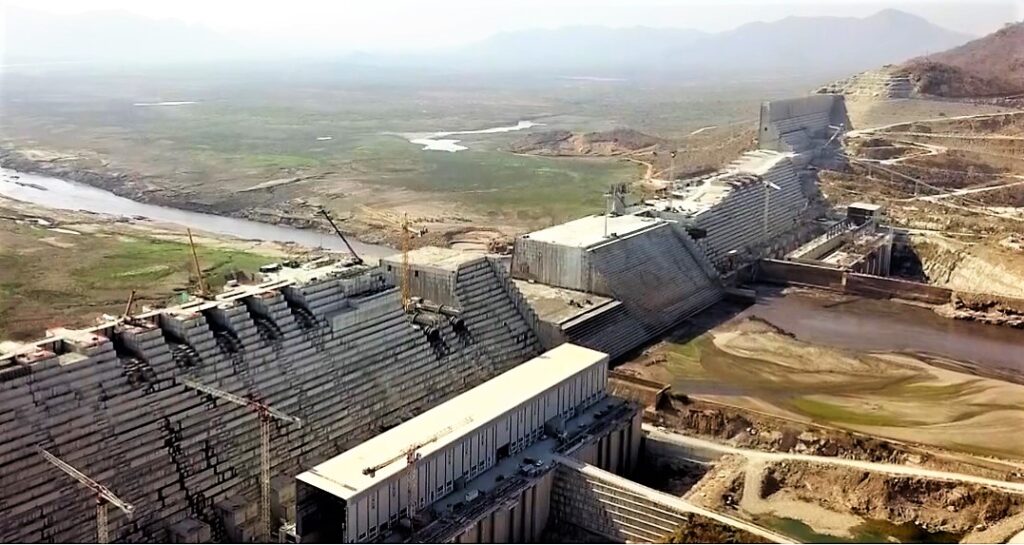
Turkey, Syria and Iraq – Tigris and Euphrates Stalemate
Turkey’s Southeastern Anatolia Project, which involves a network of dams on the Tigris and Euphrates, has reduced water flow to Syria and Iraq. These downstream nations accuse Turkey of asserting hydro-hegemony. The situation is further complicated by political instability in Syria and chronic water shortages in Iraq. In this region, water has become both a weapon and a casualty in broader geopolitical struggles.
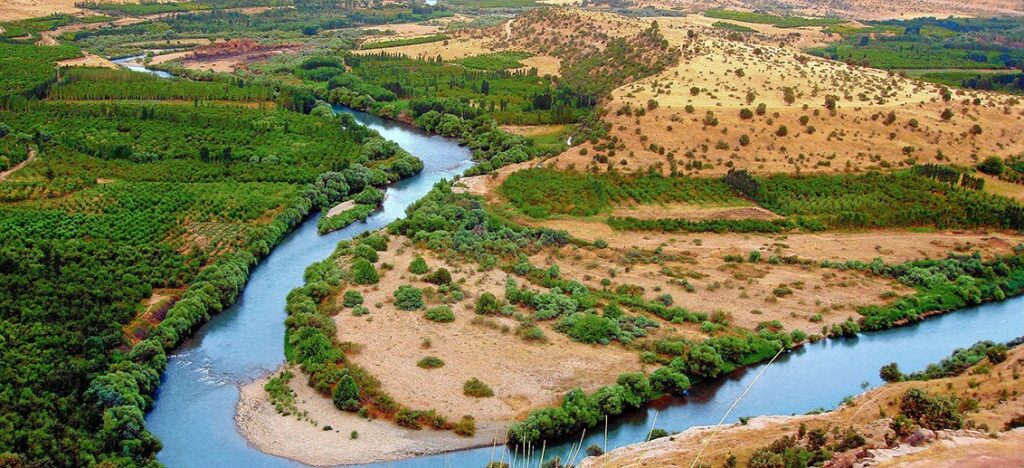
Israel and Palestine – Unequal Access to Water Aquifers
In the Israel-Palestine conflict, water access is a core issue. Israel controls the majority of shared freshwater aquifers and restricts Palestinian access through legal and infrastructural controls. Gaza faces acute water scarcity, with most of its groundwater rendered undrinkable. While peace talks have addressed borders and security, water rights remain largely unresolved and symbolize the unequal power dynamics in the region.
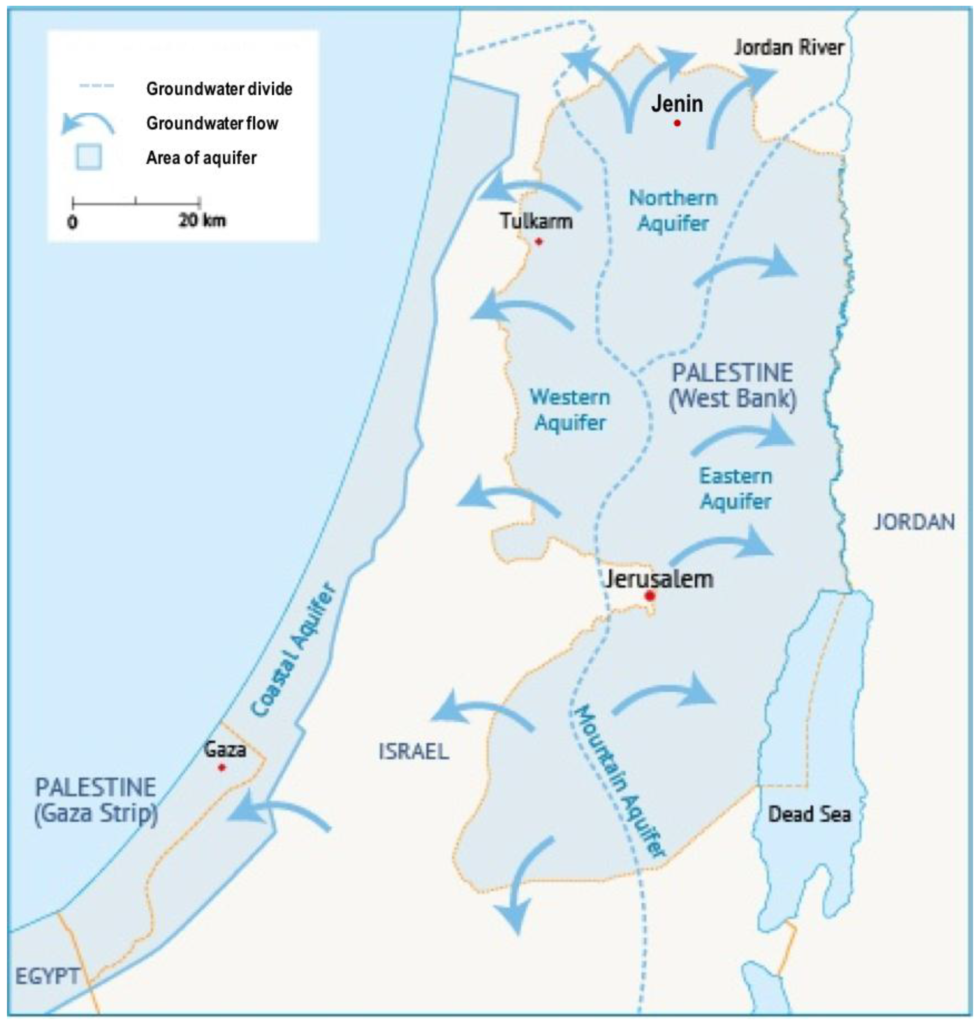
United States and Mexico – The Rio Grande Disagreement
Under the 1944 Water Treaty, Mexico is obligated to deliver water to the United States from its rivers feeding the Rio Grande. In drought years, tensions rise when Mexico is unable to meet its quotas. Farmers protest, accusing the government of prioritizing international obligations over domestic needs. The dispute highlights how water stress can stir unrest even between long-standing allies.
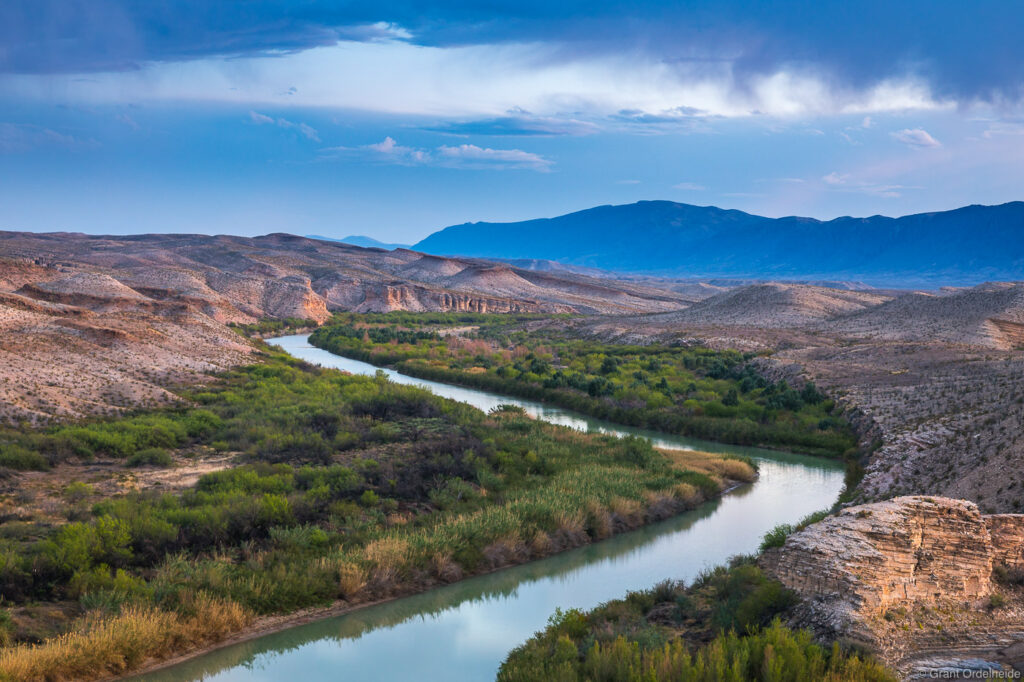
The Hidden Struggle – Shared Aquifers Beneath the Surface
While rivers receive attention, underground water sources are also at risk. Nearly 70 percent of freshwater aquifers cross international borders. The Nubian Sandstone Aquifer, shared by Libya, Egypt, Sudan and Chad, is one of the world’s largest. However, no binding global agreement governs the use of such shared reserves. As technology enables deeper extraction, and surface water dries up, the race for aquifers could turn into a silent yet serious confrontation.
Drivers of Conflict – A Perfect Storm
Several global trends are converging to make water disputes more likely:
- Climate Change: Altered rainfall patterns, glacial retreat, and prolonged droughts are shrinking water availability.
- Population Growth: Rising demand for water in agriculture, industry and urban centres is increasing stress on existing supplies.
- Urbanisation: Expanding cities compete with rural communities for limited water sources.
- Geopolitical Rivalry: Water is now used as a bargaining chip in broader diplomatic disputes.
From Conflict to Cooperation
Water has the potential to either divide nations or unite them. In a world grappling with environmental crises and resource depletion, water diplomacy must evolve beyond old treaties and political rigidity. There is an urgent need for inclusive frameworks that prioritise shared benefits, scientific planning, and ecological sustainability.
The future of global peace could well depend on how wisely we manage our rivers and aquifers. If handled with vision and cooperation, water can become a tool for diplomacy, not division.
For more such informative articles stay tuned at The World Times



